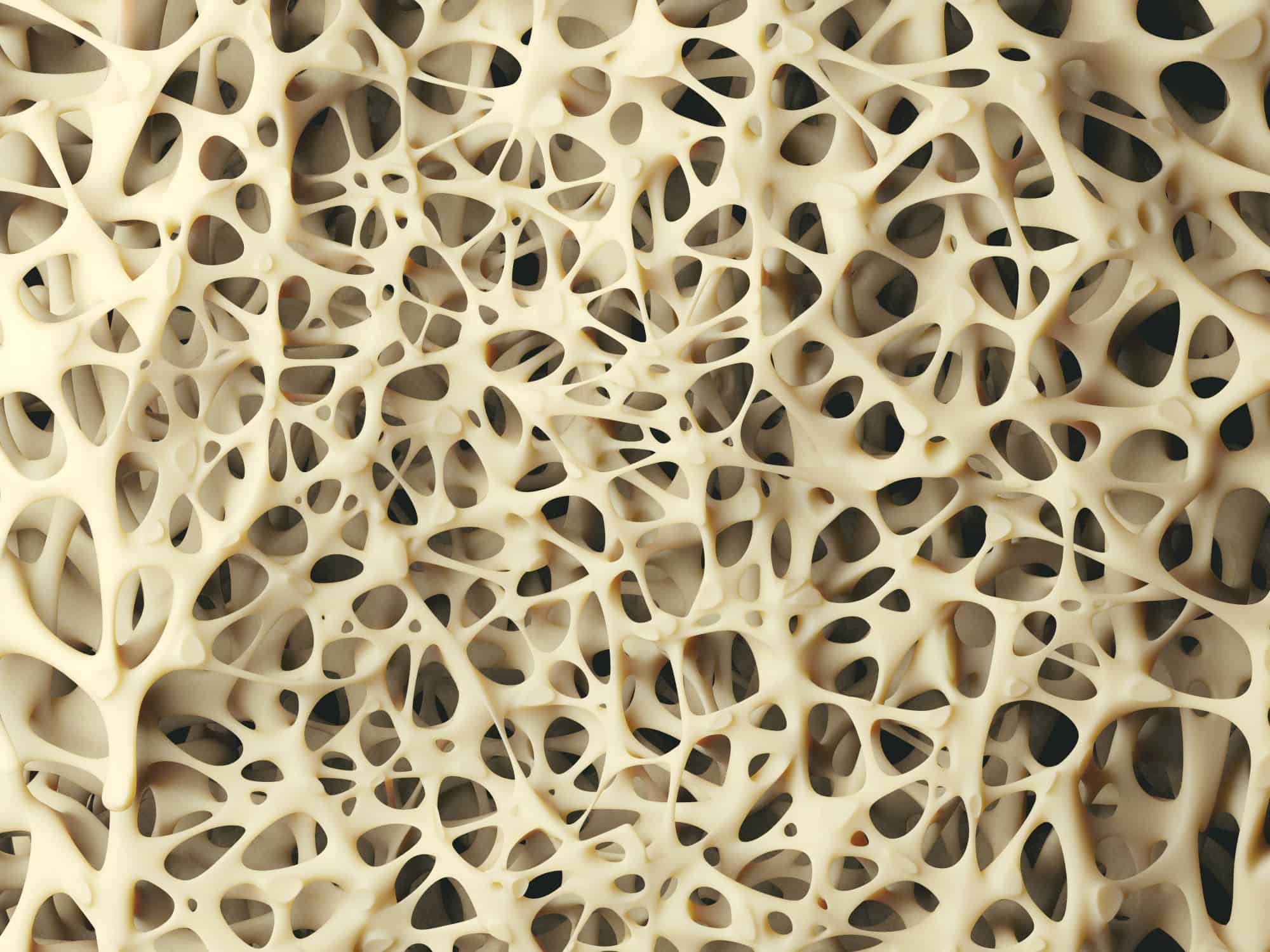Study reveals innovative technology that accelerates bone healing and eliminates the need for painful transplants

Researchers from Pohang University of Science and Technology (POSTECH), led by Prof. Hyung Joon Cha, have developed an innovative injectable hydrogel that promises to revolutionize bone regeneration.
The material is composed of alginate derived from algae, a bioengineered mussel adhesive protein, calcium ions, phosphonodiol and a photoreactive agent. An article about the study was recently published in the journal Biomaterials.
When the hydrogel is injected into a bone deficit, it solidifies upon exposure to visible light, transforming into a strong, porous, biodegradable material that adheres firmly to adjacent bone tissue.
Read more:

- The process not only fills the void, but also accelerates bone regeneration by stimulating the migration and proliferation of bone cells.
- During solidification, amorphous calcium phosphate forms within the hydrogel, creating a favorable environment for new bone growth, allowing the material to be gradually replaced by real bone.
- This approach eliminates the need for invasive procedures, such as bone transplantation from other parts of the body, which is painful and does not permanently solve the problem.
Tests carried out on rats with femoral bone deficits showed that the hydrogel was successful in promoting bone regeneration.
Although human trials have not yet been scheduled, the technology represents an advance in the treatment of large bone injuries and bone diseases, offering a more effective and less painful alternative to conventional treatments.
This injectable bone regeneration system is a promising alternative to traditional treatments and could significantly transform regenerative medicine in the future.


Collaboration for Olhar Digital
Leandro Costa Criscuolo is a collaboration for the digital look at Olhar Digital

Bruno Capozzi is an editor at Olhar Digital



